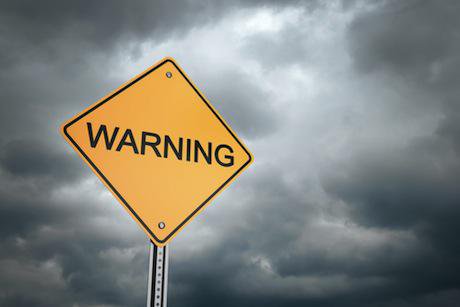A professor I respect very deeply disappointed me the other day. A
girl in my solo performance class had shown a piece featuring a young girl
suffering from anorexia. Another girl in the class commended the piece but
added that she wished it included a trigger warning. And then freaking hell
broke loose.
Trigger warnings (or content warnings) serve to protect people who
have suffered trauma from reliving their trauma. That is their sole purpose.
Not to coddle weak college students who want to avoid “stressful” material that
they disagree with. They’re a safeguard for people with post-traumatic stress
disorder- you know, a real medical condition- from potentially being triggered
to relapse within their trauma.
All kinds of media provide warnings for content featuring flashing
lights so as to not disrupt people with pacemakers. And no one asks any
questions. Because there lies a potential threat to a person’s health! They
could die!
And the same is true for trigger warnings. I know of a student who
read the play Awakening of Spring by Frank Wedekind in a
theatre class. She was unaware of the play’s rape scene and, as a survivor of
sexual assault whose PTSD was triggered by this material, literally had to drop
out of school.
That is what trigger warnings are for. They are not for "snowflake
liberals" who want to shut out the words of conservative on-campus
speakers. They are for survivors of trauma.
But for some reason, when it comes to content like suicide,
depression, eating disorders, and sexual assault, content warnings are a means
of infantilizing audience members (as my professor argued) and destroying the
pureness of the artistic experience.
First of all, I have never fixated on a trigger warning I read
before a theater piece so much that I was distracted. I read it and I think,
“cool” and then forget about it (because if it doesn’t affect you, who
cares?).
Secondly, even if the purity of an artistic experience really is
disturbed by a tiny trigger warning, I say fuck it. Fuck that art. Because
you know what’s more important? People’s livelihoods.

No comments:
Post a Comment